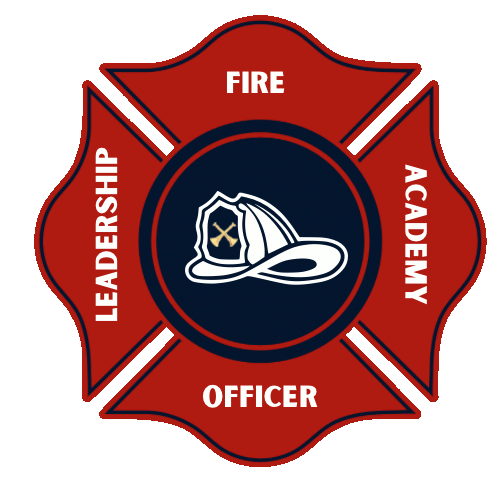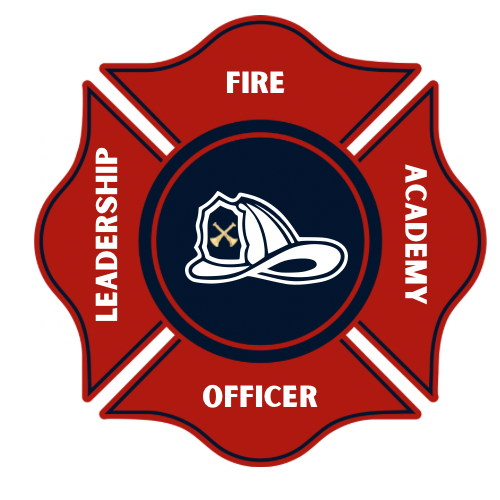The Civil War offers many leadership lessons, particularly regarding the dangers of personal conflict among leaders. The Union Army of the Potomac experienced firsthand how leadership dysfunction at the highest levels of the command structure led to profound consequences, most notably after the Battle of Chancellorsville, Virginia.
One prime example is Major General Joseph “Fighting Joe” Hooker. After his defeat at Chancellorsville in May 1863 at the hands of General Robert E. Lee’s Army of Northern Virginia, Hooker once again clashed with President Abraham Lincoln and General Henry Halleck, the overall Union commander. Instead of focusing on the mission, Hooker allowed ego and pride to dictate his decisions. When his demands were not met, he resigned in an act of defiance, expecting his superiors to refuse. However, Lincoln and Halleck accepted the resignation and removed Hooker from command of the Army of the Potomac.
Leadership is not about personal pride. Leadership is about the team and the mission. Hooker’s departure created a gap in leadership continuity at a critical time when the Army of the Potomac was on the march north to Pennsylvania seeking to find the Confederate Army of Northern Virginia.
The lesson? Leaders must rise above personal conflict and put their responsibilities first. When leaders let their egos take control, their teams suffer the consequences.

